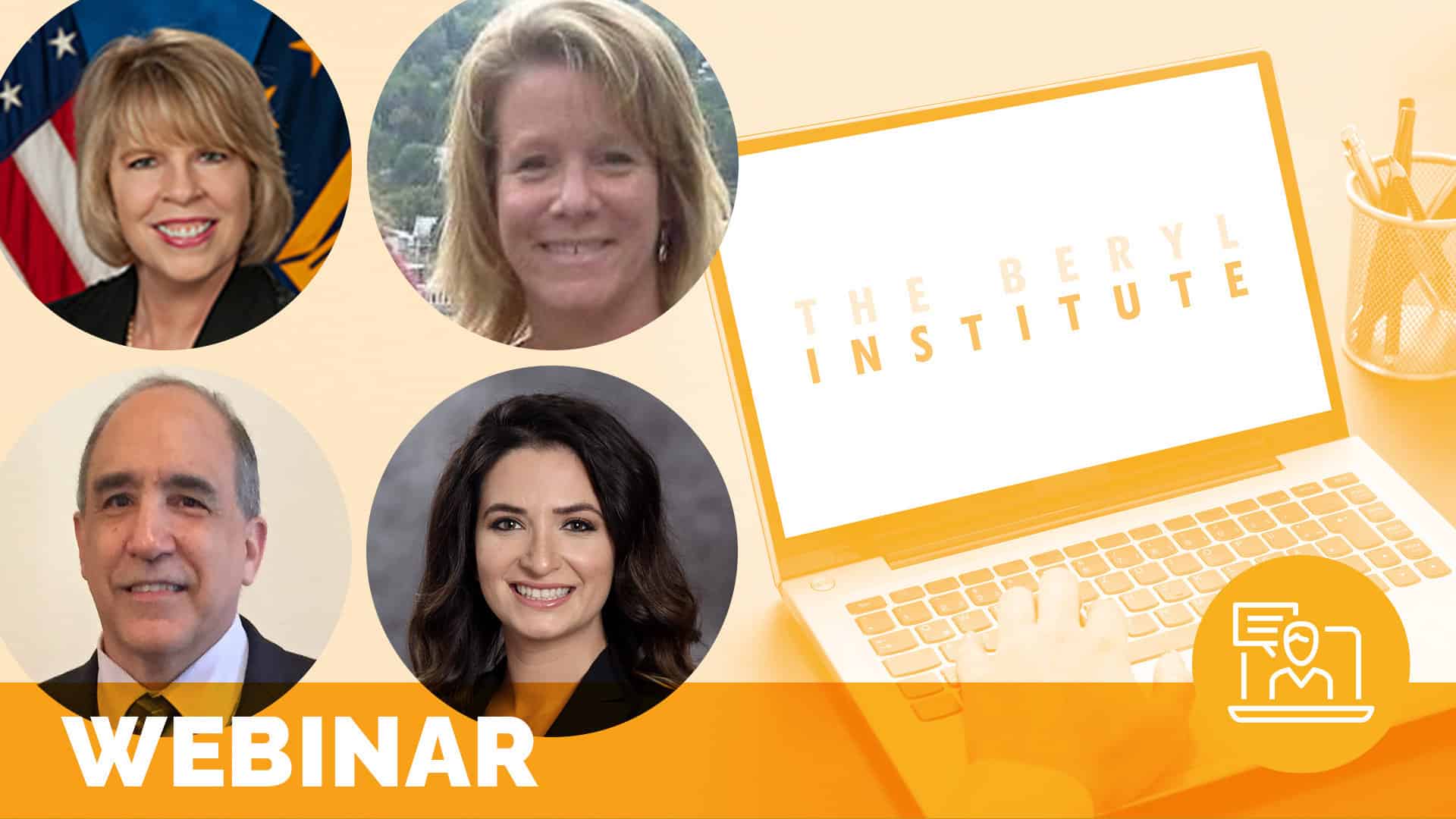Caring for Veterans in the Civilian Setting

Ann E. Doran, MHSM, MPA, CPHQ, CPHRM | Executive Director, Office of Patient Advocacy, Veterans Administration
Kelly E. Holland, MHA, CPXP | Manager Patient/Family Experience, UVM Medical Center
Robert Rahal, MPA, MCM | Patient Experience Officer, VA Central California Healthcare System
Linda Van der Voort, MA, CPXP | Director, Patient Relations, Language and Disability Services, White Plains Hospital, a member of the Montefiore Health System
In this webinar members of The Beryl Institute’s Patient Advocacy Council will discuss healthcare needs of military Veterans and how civilian healthcare can care for and honor the Veteran patient.
Learning Objectives
• Describe the difference between Active Duty Military and Veteran status.
• Identify the particular healthcare needs of the military Veteran.
• Develop strategies to improve the experience for Veteran patients.
Related content
-
 Patient Family & Community Engagement
Patient Family & Community EngagementWe’re all patients, or we’re about to be
Jason Wolf, President and CEO of The Beryl Institute, speaks with Jennifer Bright, MPA, President of the International Consortium for Health Outcomes Measurement (ICHOM). In this insightful conversation, Jennifer shares her personal journey and passion for transforming healthcare. Together, they explore the vital role of patient centricity and why embracing a global perspective is essential
Learn more -
 Patient Family & Community Engagement | Quality & Clinical Excellence
Patient Family & Community Engagement | Quality & Clinical ExcellenceOur Journey to Improving the Experience of Patients 65+
Join us for a panel discussion on enhancing patient experience for patients 65 and older. Experts will explore key population statistics, care challenges, and insights from consumer feedback to better understand patient needs. Learn strategies to improve communication clarity and address What Matters Most at every stage of care. Panelists will share lessons from a
Learn more -
 Quality & Clinical Excellence
Quality & Clinical ExcellenceEffectiveness of Incident Reporting Tools in Ensuring Patient Safety: A Systematic-Narrative Hybrid Review
Background: Ensuring Patient Safety in healthcare is essential and requires efficient methods to reduce risks and improve the quality of care. Although incident reporting tools are commonly used to identify possible and actual care failures, their efficacy differs among various environments. The aim is to evaluate the effectiveness of incident reporting tools in enhancing patient safety. Methods: This
Learn more
